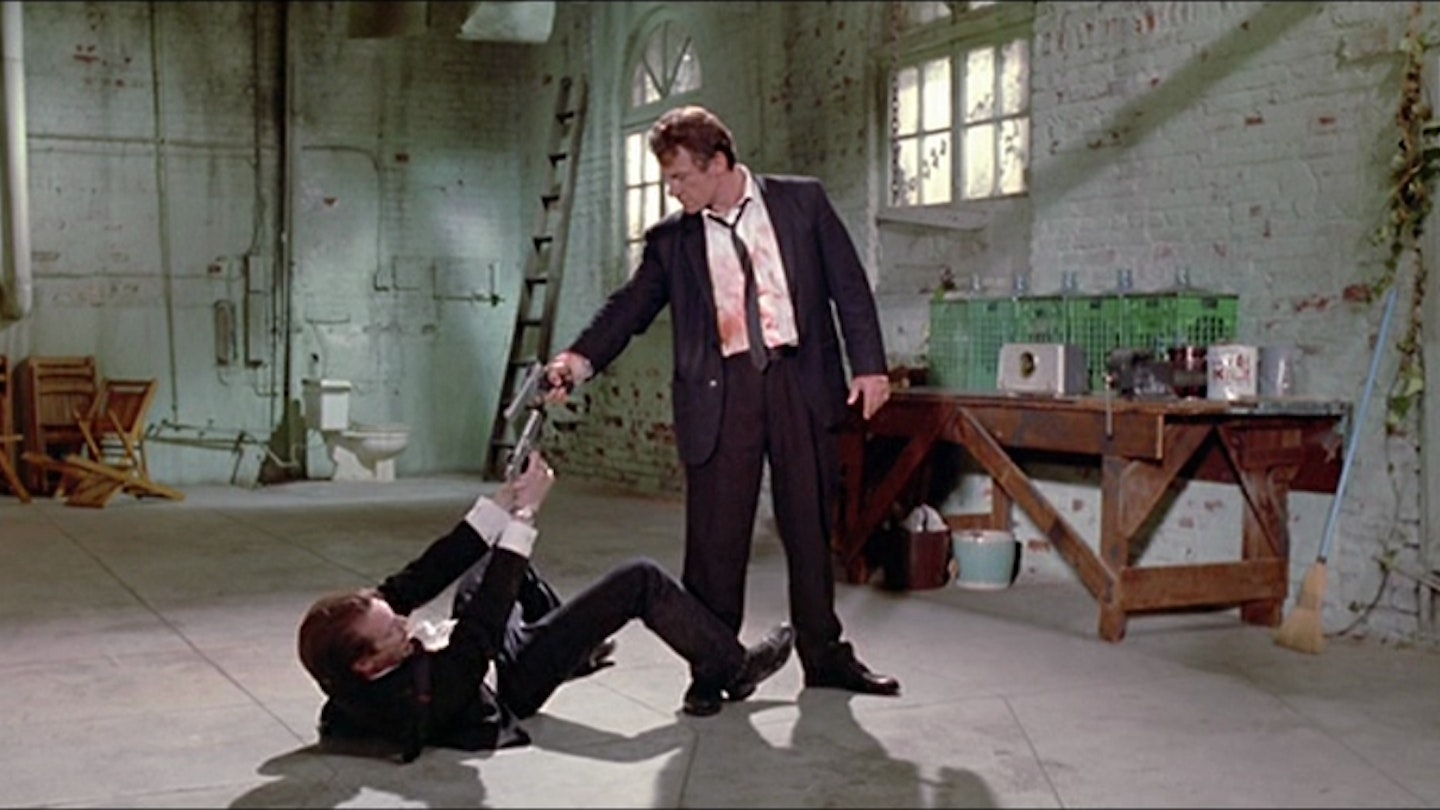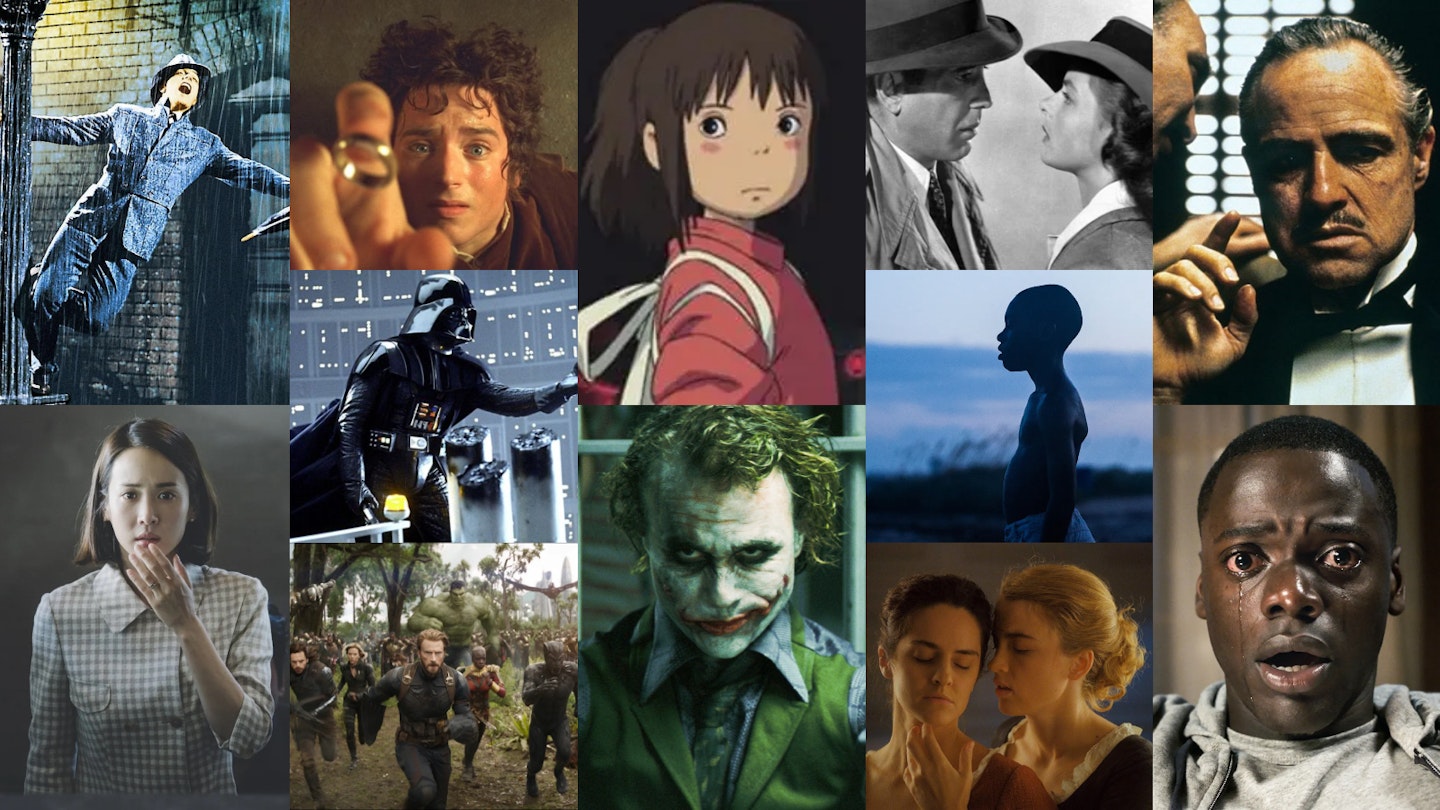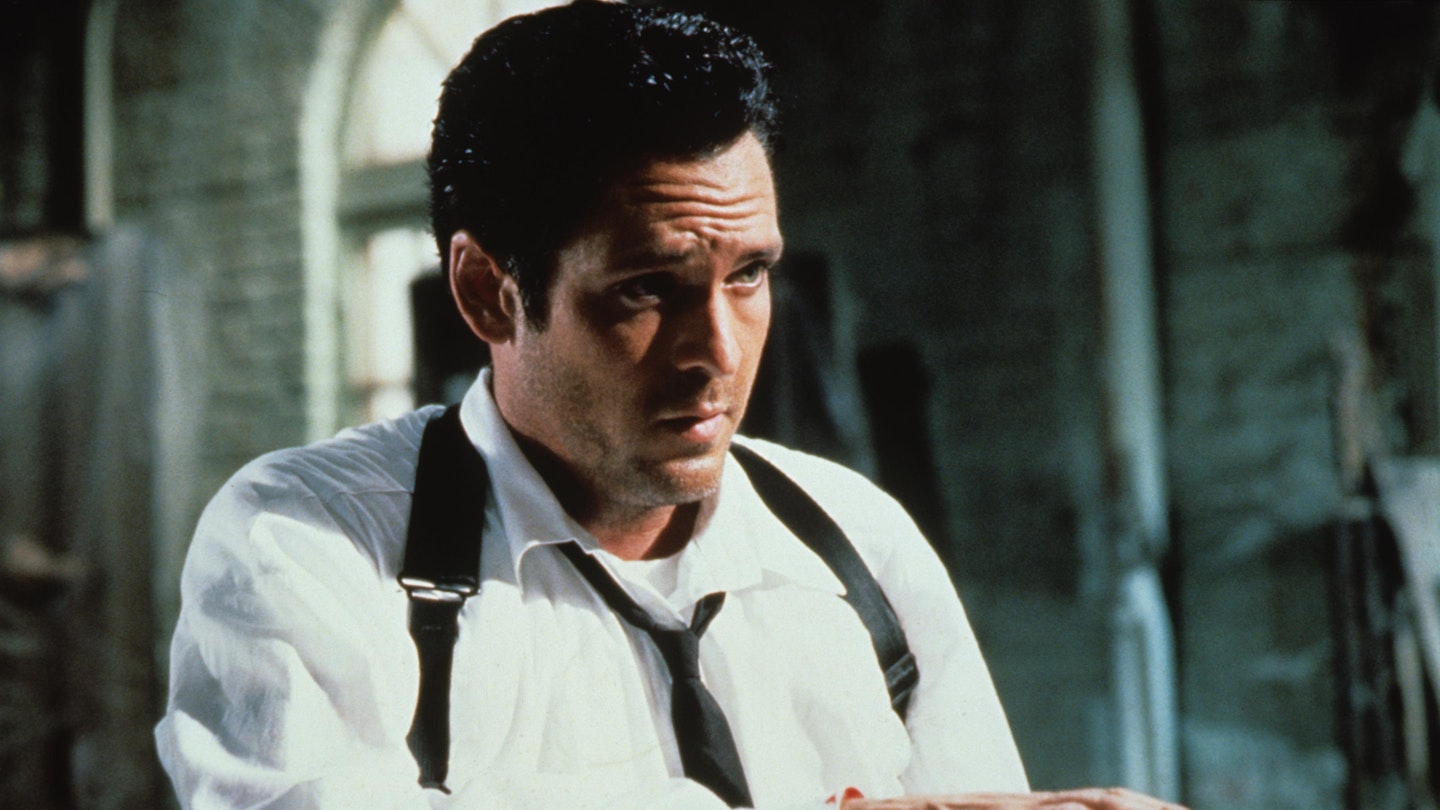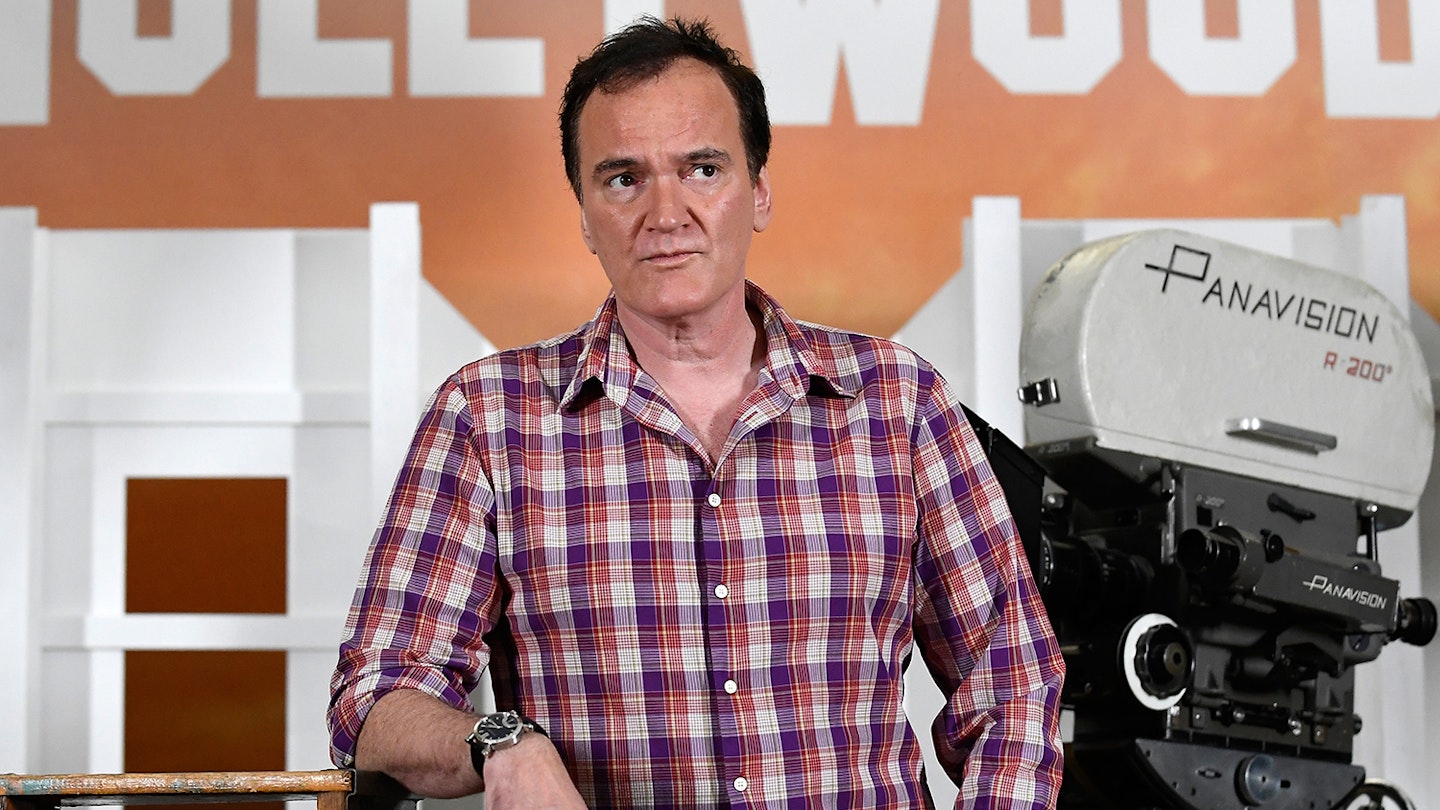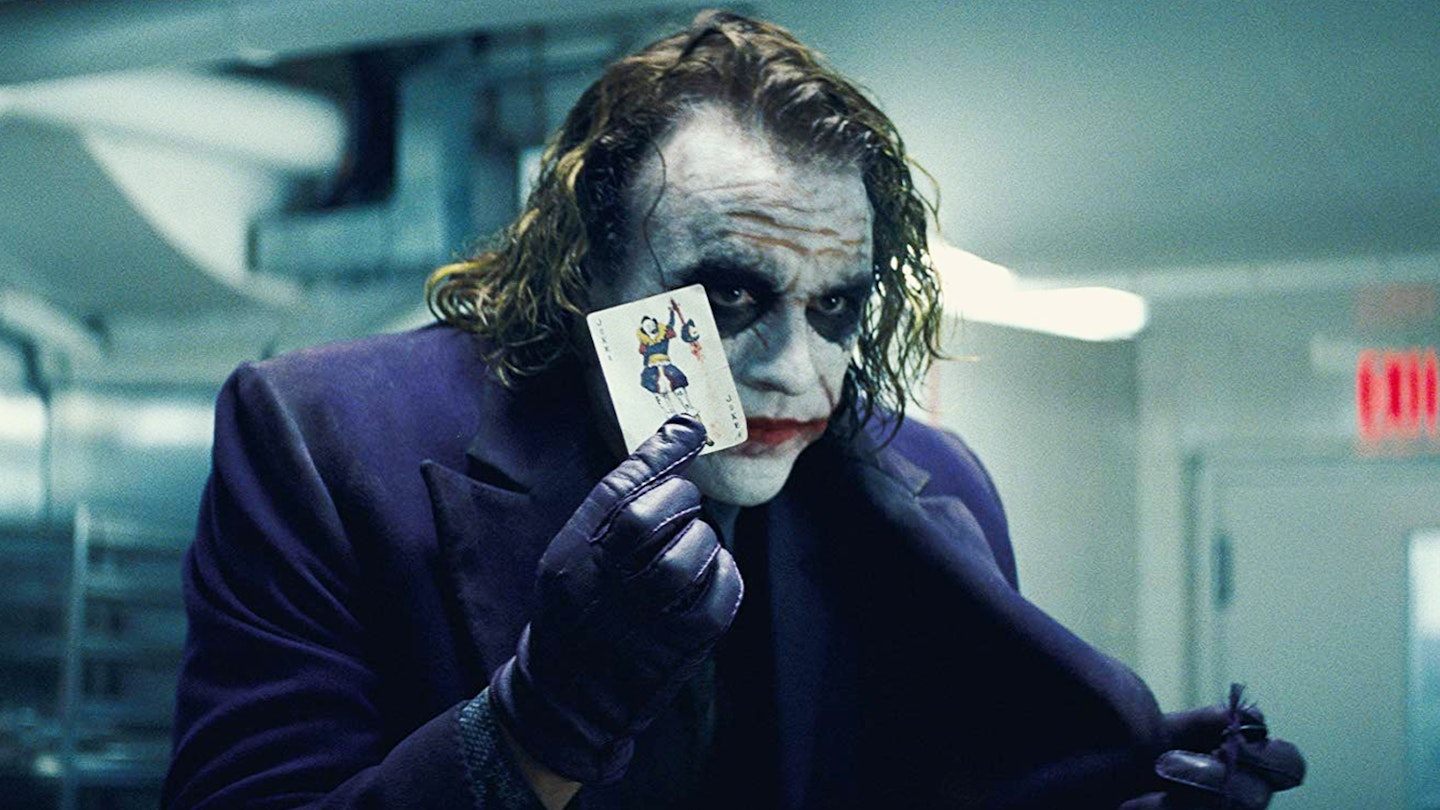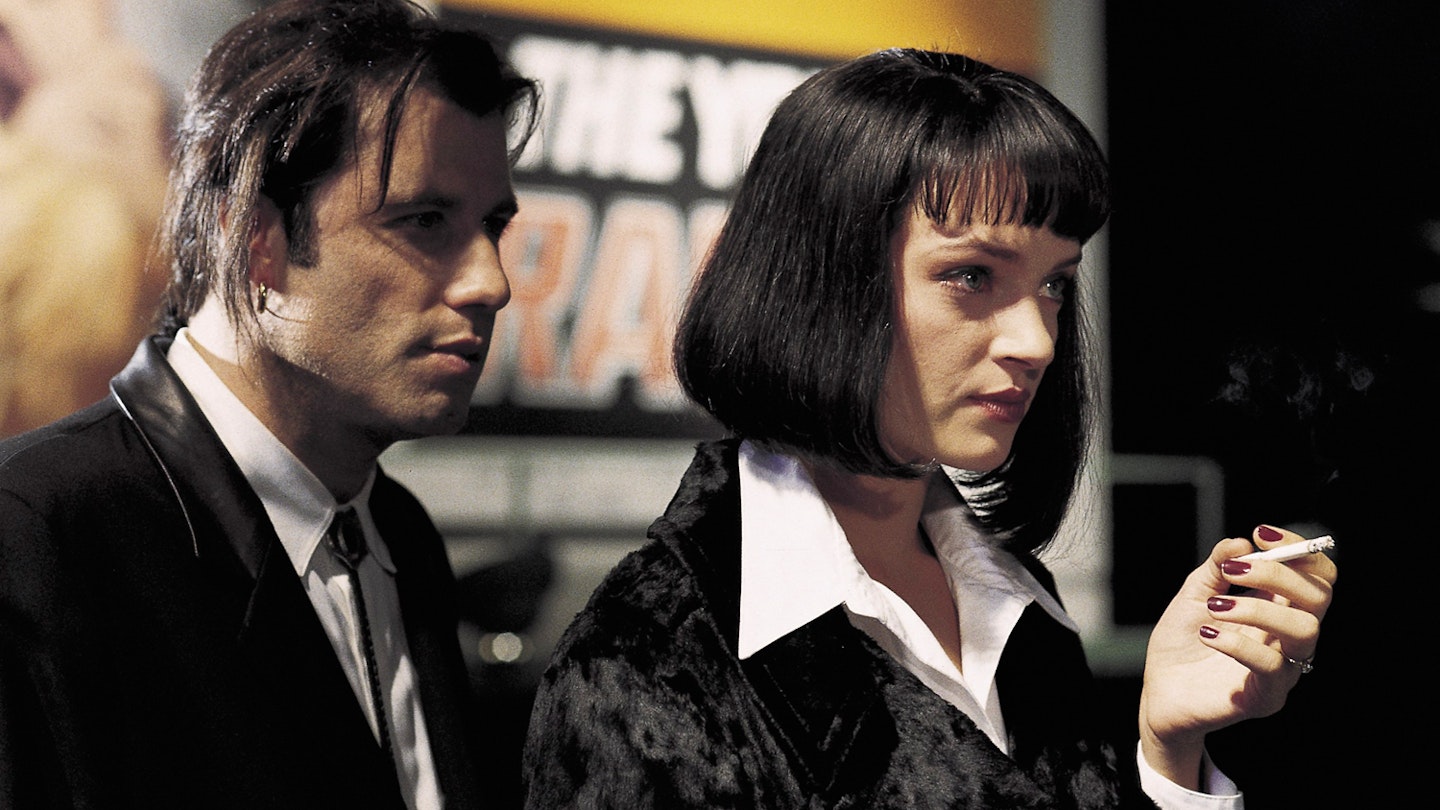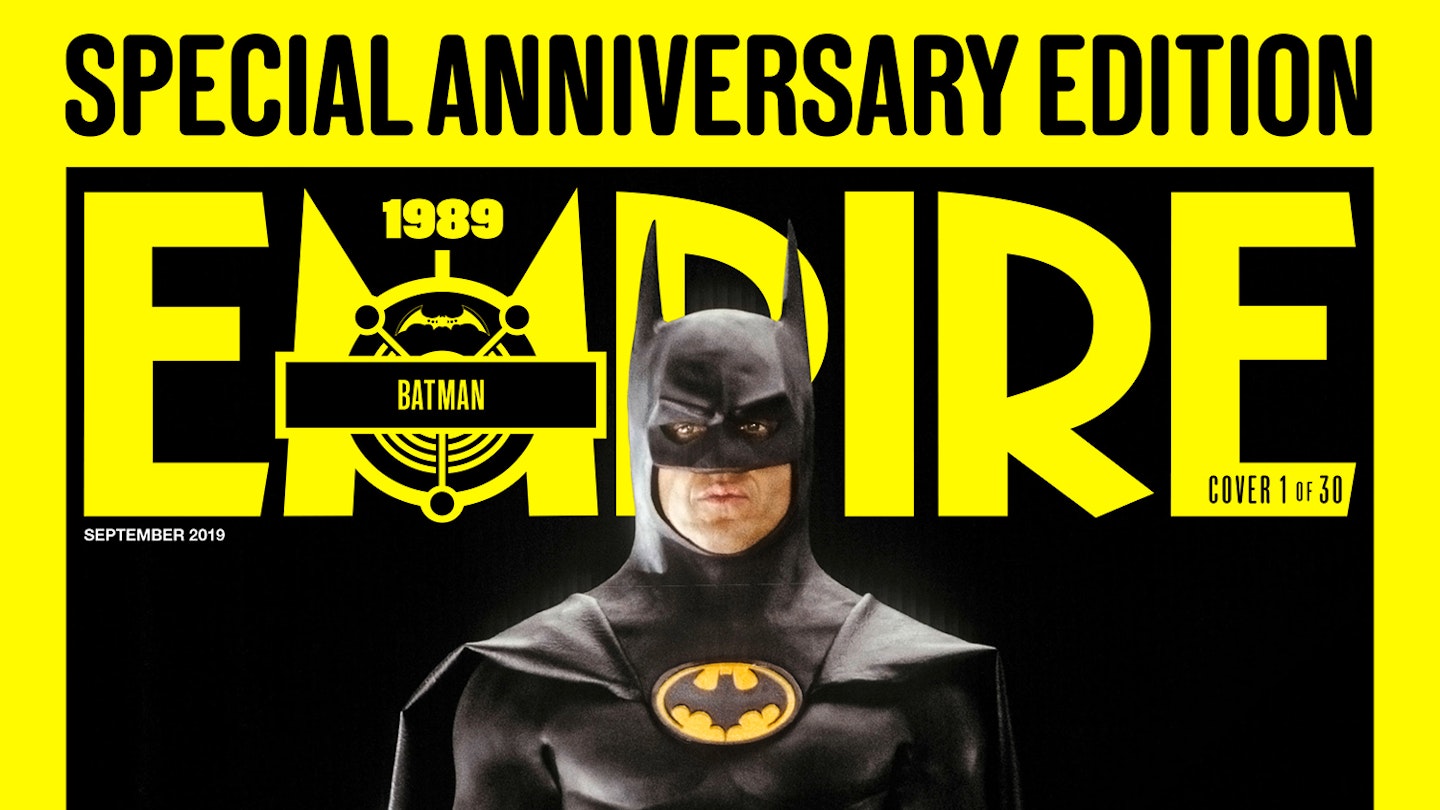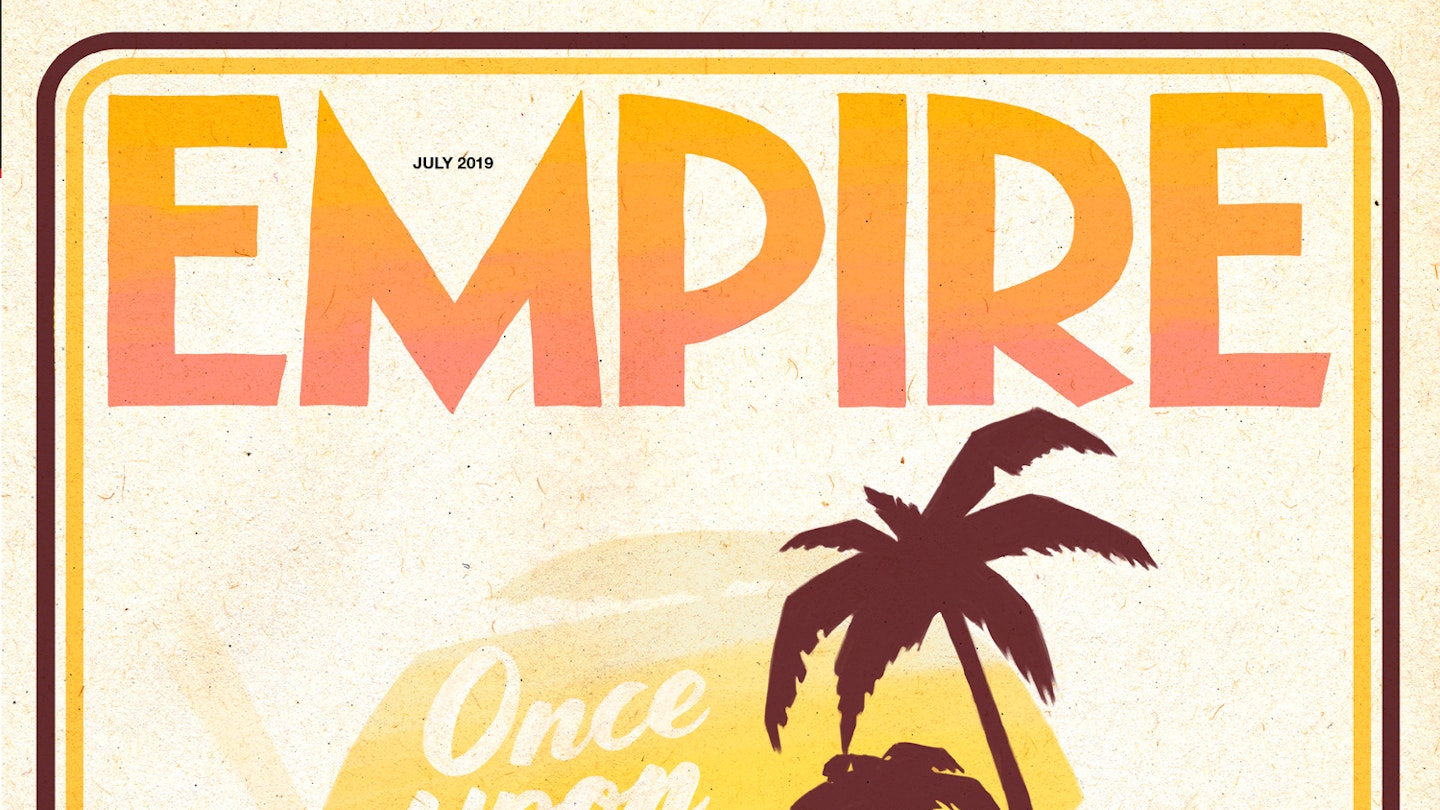Debuts are not meant to be like this. Debuts are either meant to be second spear-carrier minimalist or so cringingly inept that they find themselves in a side-splitting edition of Before They Were Famous.
Debuts are not meant to capture all the plaudits at Sundance before storming to cult status around the world and igniting a forest fire of newsprint in an endless debate about the morality of screen violence.
Few debuts — with the possible exceptions of The Clash's first album and The Marriage Feast at Cana — have been so widely admired. But above all, debuts in the crime genre are not meant to begin with an in-depth exposition of the lyrics to a Madonna song followed by a discussion on the ethics of paying gratuities and the problems experienced by women working on minimum wage.
With Reservoir Dogs, Quentin Tarantino started as he meant to go on. And what he meant to go on to be is evident from the opening shots of the movie: an auteur, no less. Simply to tell the story of a heist gone wrong would seem to have held little appeal to a writer as visually literate and soaked in film culture as Tarantino. It's almost as if he employs the flashback, "answers first, questions later" narrative structure to give himself a challenge. What really interests him is finding opportunities for dialogue diversions. And so it's no accident that our introduction to the diamond heist via Tim Roth making a mess of the upholstery doesn't arrive until after Mr. Brown's Like A Virgin speech and Mr. Pink's, "world's smallest violin" paean to non-tipping.
It helped, of course, that although Reservoir Dogs was Tarantino's directorial debut, he had already written screenplays for True Romance (1993) and Natural Born Killers (1994). Not only did this enable him to hone his writing skills, but the flourishes necessary for auteur status were already coming together nicely. Aside from the-inclusion of the ubiquitous pop culture discussions (Get Christie Love, The Night The Lights Went Out In Georgia) these would include a raft of self-referential allusions. Thus: Mr. White's former partner, Alabama (see True Romance) Mr. Blonde's real name, Toothpick Vic Vega (see Pulp Fiction's Vincent), Blonde's unseen parole officer being called Scagnetti (a name Tarantino has worked into every one of his screenplays to date). Not to mention the cameo performance of which he's become so fond.
It's one thing, however, to aspire to be an auteur, quite another to achieve it. In Reservoir Dogs, Tarantino assembles a cast of more widely mixed ability than the average comprehensive Year Eight, ranging from the acknowledged master (Keitel), through the talented youngsters (Buscemi and Roth) to the fairly abject (Madsen and, ahem, himself), but still draws compulsive performances from all. Primarily, this is down to the virtues of that script, packed with zinging one-liners and meaty speeches of the kind every aspiring thesp would kill to give. Everyone (apart from Mr. Blue — such a spare part he should have been sponsored by Lucas) enjoys their time in the sun.
It's not every debutante who has the cojones to aspire to auteur status and because of this (and the film's success) the Tarantino backlash arrived rapidly in the wake of the movie's acclaim. Similarities with Kubrick's The Killing and more pertinently Ringo Lam's City On Fire were pointed out. Others (Empire included) speculated long into the night over how Nice Guy Eddie met his demise. But most of the objections focused on the gratuitous ear-ectomy performed by Mr. Blonde on the hapless cop, Marvin Nash (as played by Kirk Baltz who despite turning up in Face/Off and Bulworth has never since enjoyed such success when acting with his full complement of aural organs).
The aged chestnut that is The Screen Violence Debate does not need another outing here except to say that it was particularly ironic that Tarantino took flak for the realism of his violence. The one thing Michael Madsen's soft-shoe-shuffle-and-slash is not is realistic.
Indeed, and this is not a criticism of the film, there is very little in Reservoir Dogs that could by any stretch be termed realistic. The world of diamond heists and crooks may be real enough, but once it has been refracted through Tarantino's pop-cultural sensibility it emerges as darkly comic and extremely knowing. Do criminals discuss 70s' cop shows en route to their jobs? Do old-timers like Mr. Blue really have an opinion on Madonna? Would Mr. Orange, having survived several gunshots, choose that particularly inopportune moment to confess all to Mr. White? The answer to all three is probably "No": something Quentin Tarantino understands implicitly and just one of the reasons why film is better than real life.
Reservoir Dogs also proves beyond reasonable doubt that Tarantino is a far better writer and director than he is an actor. If he's to achieve the status he clearly craves it will only be behind the camera. Fewer cameos in Little Nicky, please. More proper films. For Tarantino, it's time to get back to work.
